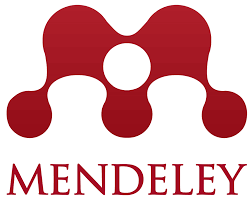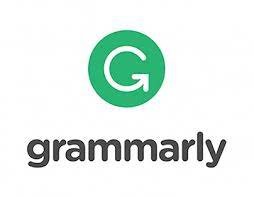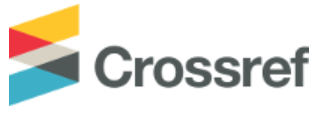Cognitive Growth Model to Improve Problem Solving Ability and Activities of the Second Semester Students in Integral Calculus Course
Abstract
Keywords
Full Text:
PDFReferences
Anderson, J. (2009). Mathematics curriculum development and the role of problem solving. ACSA Conference. Retrieved on 13 September 2019 from http://www.acsa.edu.au/pages/images/judy% 20anderson%20- %20mathematics%20curriculum%20development.pdf.
Ben-Chaim, D., Ron, S., & Zoller, U. (2000). The disposition of eleventh-grade science students toward critical thinking. Journal of Science Education and Technology, 9, 149-159. doi:https://doi.org/10.1023/A:1009474023364
Chasanah, A.N. (2019). Pembelajaran model cognitive growth berbasis scientific approach untuk meningkatkan aktivitas dan kemampuan berpikir kritis. Anargya: Jurnal Ilmiah Pendidikan Matematika, 2(1), 21-26. doi:https://doi.org/10.24176/anargya.v2i1.2986
Joyce, B & Weil, M. (2008). Models of teaching (8th ed.). London: Allyn and Bacon.
Kesan, C., Kaya, D., & Guvercin, S. (2010). The effect of problem posing approach to the gifted student's mathematical abilities. International Online Journal of Educational Sciences, 2(3), 677-687.
Krulik, S., & Rudnick, J.A. (1995). The new sourcebook for teaching reasoning and problem solving in elementary school. Boston: Allyn and Bacon.
National Council of Teachers of Mathematics (NCTM). (2000). Principles and Standards for School Mathematics. Retrieved from www.nctm.org.
Polya, G. (1973). How to solve it, a new aspect of mathematical method. New Jersey: Princeton University Press.
Suryana, A. (2012). Kemampuan berpikir matematis tingkat lanjut dalam mata kuliah statistika matematika. Yogyakarta: UNY.
Thompson. C., (2011). Critical thinking across the curriculum: Process over output. International Journal of Humanities and Social Science, 1(9), 1-7.
DOI: https://doi.org/10.31002/ijome.v3i1.2329
Refbacks
- There are currently no refbacks.
Copyright (c) 2020 Indonesian Journal of Mathematics Education

This work is licensed under a Creative Commons Attribution-NonCommercial-ShareAlike 4.0 International License.

This work is licensed under a Creative Commons Attribution-NonCommercial-ShareAlike 4.0 International License.
Indexed by:
ISSN: 2654-3907 (print) | 2654-346X (online)
Jalan Kapten Suparman No.39, Magelang, Jawa Tengah, Indonesia 56116
Phone (0293) 364113 Fax. (0293) 362438
Website : http://jurnal.untidar.ac.id/index.php/ijome









